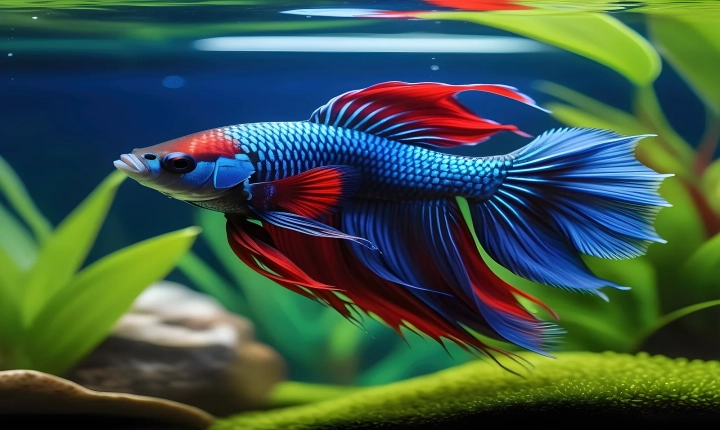Title: Can I Sell AI-Generated Images?
Artificial intelligence (AI) has made significant advancements in the field of image generation, raising questions about the ownership and commercialization of AI-generated images. As AI technology becomes more sophisticated, the capability of generating realistic and visually stunning images has become more accessible to individuals and businesses. This has sparked interest in the potential commercial use of AI-generated images and has led to a debate around the rights and regulations concerning their sale.
The proliferation of AI-generated images has implications for various industries, including photography, graphic design, and advertising. Many are curious about the legal and ethical considerations of selling or using these images for commercial purposes. The key question is whether AI-generated images can be treated as original works of art, and if so, who holds the rights to them.
The legal framework surrounding AI-generated images is still evolving and varies by jurisdiction. In some regions, copyright law may not explicitly cover AI-generated content, leaving a gray area in terms of ownership and intellectual property rights. However, various countries are considering or have already introduced legislation to address the issue.
For creators and businesses looking to sell AI-generated images, it’s essential to consider the authenticity and originality of the content. While AI can produce remarkably lifelike images, it’s important to ensure that the generated content does not infringe on existing copyrights or trademarks. Additionally, buyers and sellers of AI-generated images should be aware of potential ethical concerns and be transparent about the origin of the content.
One aspect to consider is the potential impact of AI-generated images on the livelihood of traditional artists and photographers. As AI technology advances, there is a concern that the proliferation of machine-generated content could devalue the work of human creators. However, some argue that AI can be used as a tool to enhance artistic expression and creativity, rather than replace it.
Furthermore, the market for AI-generated images presents opportunities for innovation and collaboration between AI developers, artists, and businesses. Companies that leverage AI-generated images for marketing, product design, or content creation can benefit from the efficiency and flexibility offered by these technologies.
As the debate over the sale of AI-generated images continues, it’s crucial for policymakers, legal experts, and industry stakeholders to work together to establish clear guidelines and standards. This will help protect the rights of creators, uphold ethical standards, and encourage responsible use and commercialization of AI-generated content.
In conclusion, the sale of AI-generated images raises complex legal, ethical, and practical considerations. While AI technology offers exciting possibilities for visual content creation, it also poses challenges related to ownership, authenticity, and ethical implications. As the use of AI in image generation becomes more prevalent, it is essential for individuals and businesses to navigate this landscape with careful consideration and a clear understanding of the legal and ethical implications.
